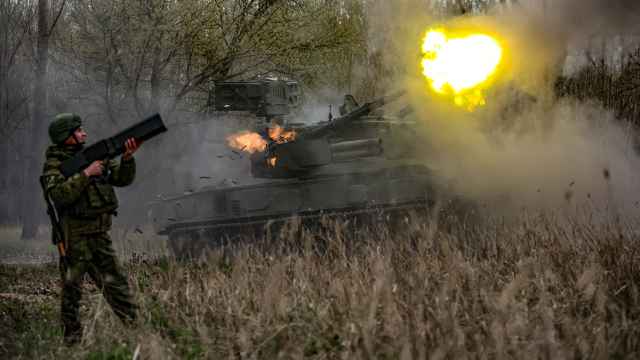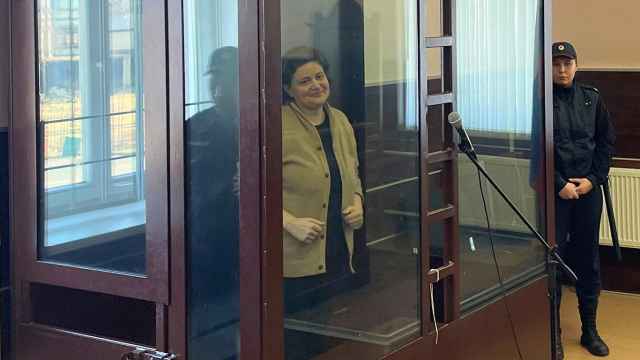As Russia awaits the World Trade Organization's final approval in Geneva on Friday, compliance with obligations to make government procurement more transparent are under way.
State expenditures are allegedly mired in corruption, especially in road building — a $6 billion price tag for a road built for the Sochi Olympics provoked public outrage and brought attention to corruption in the sector earlier this year.
The WTO requires members to have transparent and nondiscriminatory government procurement systems based on competitive bidding and public visibility.
Entry into the WTO will improve investors' trust toward Russia's economic growth, Economic Development Minister Elvira Nabiullina said at the BRICS convention in Geneva this week. The protocol for entry should be ratified by the Duma in the first half of 2012, after which Russia can start operating as a full member.
"Russia's position will be carefully thought out, constructive and geared toward reaching balanced results during the many-sided WTO talks," Nabiullina said in Geneva on Wednesday.
But WTO entry will not have any immediate effect on government procurement, experts said.
"The changes will take place on the horizon of several years," said ING Bank economist Dmitry Polevoi.
WTO entry will make international companies fully eligible to participate in government procurement four years after accession.
Introducing foreign companies to the sector will bring a minor improvement by increasing competition and bringing down prices, but will not have a significant effect on graft, Polevoi said. Fighting corruption requires tougher regulation by the Russian government, he added.
There is an expectation that foreign companies are more law abiding, but Russian companies can just register abroad as foreign companies and follow the same corrupt practices, Alfa bank chief economist Natalia Orlova said.
The Russian government's own policy toward procurement will have the most impact on the process. In order to fight corruption effectively, there needs to be a desire on the part of the government," Orlova said.
Currently there is no body regulating state purchases and the process is largely secret. There is a new law already in place that will require state companies to publish purchases on their web sites, starting in January 2012.
An Economic Development Ministry proposal to create an independent body to monitor state procurement was presented to the State Duma earlier this week along with a bill on the federal contracts system, RIA-Novosti reported.
The monitoring body, tentatively called Roszakupka, would answer directly to the government and audit government contracts. Roszakupka would help the proposed federal contracts system bill function by increased monitoring. The federal contracts system would regulate state purchases from the planning phase, through purchases and evaluation of cost effectiveness.
However, the Federal Anti-Monopoly Service does not approve of Roszakupka or the federal contracts system. The new system would be too centralized and increase corruption, the agency believes, according to RIA-Novosti. Other critics of the proposed system include anti-corruption activist Alexei Navalny.
The antitrust service proposed to reform existing law instead, including centralizing government procurement functions to ministries and regional authorities.
The Economic Development Ministry proposal is expected to be approved next spring and implemented as early as summer 2012.
A Message from The Moscow Times:
Dear readers,
We are facing unprecedented challenges. Russia's Prosecutor General's Office has designated The Moscow Times as an "undesirable" organization, criminalizing our work and putting our staff at risk of prosecution. This follows our earlier unjust labeling as a "foreign agent."
These actions are direct attempts to silence independent journalism in Russia. The authorities claim our work "discredits the decisions of the Russian leadership." We see things differently: we strive to provide accurate, unbiased reporting on Russia.
We, the journalists of The Moscow Times, refuse to be silenced. But to continue our work, we need your help.
Your support, no matter how small, makes a world of difference. If you can, please support us monthly starting from just $2. It's quick to set up, and every contribution makes a significant impact.
By supporting The Moscow Times, you're defending open, independent journalism in the face of repression. Thank you for standing with us.
Remind me later.






